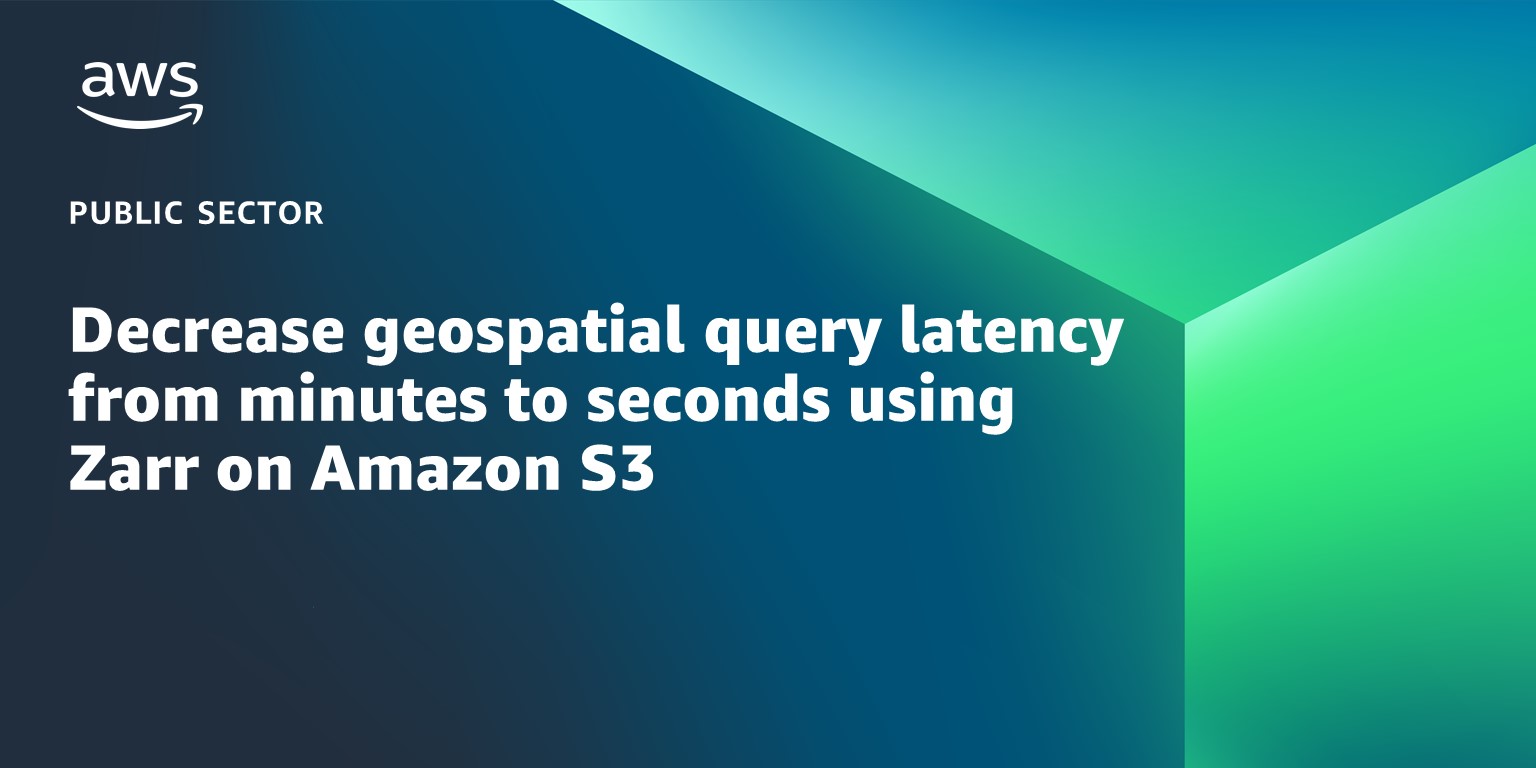AWS Public Sector Blog
Tag: aerospace and satellite
Building high-throughput satellite data downlink architectures with AWS Ground Station WideBand DigIF and Amphinicy Blink SDR
This blog summarizes some of the benefits of cloud-based ground segment architectures, and demonstrates how users can build a proof-of-concept using AWS Ground Station’s capability to transport and deliver Wideband Digital Intermediate Frequency (DigIF) data, along with the software-defined radio Blink, built by the AWS Partner Amphinicy.
Japan Manned Space Systems uses AWS Snowcone to automate and optimize data delivery from space to Earth
Approximately 400 kilometers above the Earth’s surface, Japan Manned Space Systems Corporation (JAMSS) used an AWS Snowcone SSD onboard the International Space Station (ISS) to quickly and autonomously transmit large volumes of data from space back on the ground into AWS. The AWS Snowcone, which arrived on the ISS in July 2022 as part of the first Axiom Space Mission (Ax-1), is available to power on-orbit data processing experiments for researchers, students, and scientific organizations.
Optimizing operations for ground-based, extremely large telescopes with AWS
Ground-based, extremely large telescopes (ELTs), such as the Giant Magellan Telescope (GMT), will play a crucial role in modern astronomy by providing observations of the universe with remarkable clarity and detail. However, managing the vast amount of data generated by these instruments and supporting optimal performance can be a challenging task. AWS provides a suite of cloud-based solutions that can help address these challenges and streamline ELT operations. Learn how various AWS services can be used to optimize data storage, management, and processing, as well as advanced monitoring and remote continuity techniques, leading to improved overall performance and efficiency for ELTs.
Decrease geospatial query latency from minutes to seconds using Zarr on Amazon S3
Geospatial data, including many climate and weather datasets, are often released by government and nonprofit organizations in compressed file formats such as the Network Common Data Form (NetCDF) or GRIdded Binary (GRIB). As the complexity and size of geospatial datasets continue to grow, it is more time- and cost-efficient to leave the files in one place, virtually query the data, and download only the subset that is needed locally. Unlike legacy file formats, the cloud-native Zarr format is designed for virtual and efficient access to compressed chunks of data saved in a central location such as Amazon S3. In this walkthrough, learn how to convert NetCDF datasets to Zarr using an Amazon SageMaker notebook and an AWS Fargate cluster and query the resulting Zarr store, reducing the time required for time series queries from minutes to seconds.
AWS selects 13 startups for the 2023 AWS Space Accelerator
AWS announced the 13 global space startups selected to participate in the 2023 AWS Space Accelerator, a technical, business, and mentorship program to help startups advance their space solutions and accelerate their growth using the cloud. These startups are developing inspiring and innovative solutions that address various challenges associated with space sustainability. From 3D-printed space vehicles to orbital robots, satellite solutions built on artificial intelligence (AI), and space-based initiatives that can help us better use Earth’s valuable resources, these emerging startups are leveraging AWS as they develop the next generation of exciting space technology.
AsiaSat’s live streaming company OCGL uses AWS to enhance video streaming and improve accessibility
Asia Satellite Telecommunications Company Limited (AsiaSat), a leading satellite solutions provider, together with its subsidiary One Click Go Live (OCGL) use AWS for live streaming and to roll out new applications and services swiftly without the need to worry about infrastructure stability and scalability. Using AWS solutions, OCGL is able to provide innovative and highly reliable services to global customers and enhance real-time viewing experiences.
Orbital Sidekick uses AWS to monitor energy pipelines and reduce risks and emissions
Orbital Sidekick (OSK) uses advanced satellite technology and data analytics to help the energy industry protect pipelines and make them less vulnerable to risks such as leaks, contamination, and damage caused by construction and natural disasters. OSK uses compute and analytics services from AWS to power the scalable OSK data pipeline and imagery storage solution in order to persistently monitor tens of thousands of miles of pipeline energy infrastructure and deliver real-time, actionable insights to customers.
AWS announces 2023 AWS Space Accelerator to advance global space sustainability
Now in its third year, the AWS Space Accelerator is a hybrid technical, business, and mentorship opportunity open to space startups from around the globe who are looking to power their space missions using AWS. In 2023, the AWS Space Accelerator will call on teams and resources across Amazon to help emerging startups focus on cloud-powered solutions that support the use of space as a sustainable and usable environment for years to come, as well as solutions that positively impact life on Earth. The application period for the 2023 AWS Space Accelerator opens today, with proposals due by March 6, 2023.
5 public sector technology predictions for 2023
As we begin the new year, the AWS worldwide public sector (WWPS) team wanted to share a few of our predictions for public sector technology in 2023. We hope these predictions will help guide and inspire you as you continue your digital transformation journey this year.
United Arab Emirates Space Agency and AWS sign agreement to support long-term growth in the region’s space ecosystem
The United Arab Emirates Space Agency and AWS have signed a Statement of Strategic Intent and Cooperation that is designed to support the creation of a vibrant, sustainable, competitive, and innovative space sector in the United Arab Emirates (UAE). AWS will collaborate with the United Arab Emirates Space Agency and related UAE government space organizations on three initiatives designed to support the Space Agency’s long-term development goals.









